Why can’t she just leave? Why can’t he end a relationship that is clearly toxic? These questions baffle us when we see people getting sucked deeper into abusive or dysfunctional relationships that bring them nothing but misery and distress. The victims, apart from worrying about their safety, security and logistics of starting over, also find themselves unable to break free from such connections. This perceived inability is rooted in a strong emotional attachment, known as trauma bonding, which stems from a repeated cycle of abuse, depreciation, and positive reinforcement.
“How can I leave him/her?” “I can’t imagine my life without them.” “But s/he loves me.” “I think I too have a part to play in our relationship troubles.” These are often the statements victims of abuse make to justify staying in a relationship that is harmful and damaging. This happens when abuse becomes cyclic, constantly padded by intimacy and kindness, resulting in powerful, often conflicting feelings you struggle to make sense of.
In this article, clinical psychologist Devaleena Ghosh (M.Res, Manchester University), founder of Kornash: The Lifestyle Management School, who specializes in couples counseling and family therapy, writes about different dimensions of trauma bonds, to help you understand what they are, why there are formed, what are the signs that separate trauma bonds from love and how you can heal from one.
What Is Trauma Bonding?
Table of Contents
The term trauma bonding was coined in 1997 by Patrick Cannes, a specialist in addiction therapy. In his paper, Trauma Bonds, Why People Bond To Those That Hurt Them, he explains how this form of “dysfunctional attachments that occur in the presence of danger, shame, or exploitation” is a manifestation of the way our mind responds to trauma.
Trauma bonds can take hold in any abusive relationship, no matter how prolonged or short-lived. However, the likelihood increases when the abuser expresses their love and affection to their victim, making them believe that the abuse will not recur. This oscillation between abuse and positive reinforcement, leads to conflicting emotions in the victim, making them hold on to the hope that their abuser isn’t all bad and their circumstances can change.

When a partner (or a loved one) turns abusive, it can be extremely hurtful and astonishing. However, they may follow up this behavior with assurances of love, displays of affections and a promise to change. Since they have treated you with kindness and love in the past, and continue to do so intermittently, you are inclined to believe that things will change for the better.
You hold onto the memories of those early happy days of the relationship and believe you can go back to that place if only you gave them “one more chance”. And the trauma bonding cycle continues. Every time a fresh spell of abuse is followed up by kind, affectionate, apologetic behavior, you find yourself getting more attached to the person. At some point, your self of sense worth becomes tied to the validation they offer in the form of love bombing or overwhelming adulation
The connection between trauma bonds and childhood experiences
Just like our attachment styles, the symptoms of trauma bonding also stem from childhood experiences. Even when you know that a relationship is abusive, you choose to stay because you’re reliving your childhood traumas through this connection, hoping that this time around you will be able to change the narrative and have a different outcome.
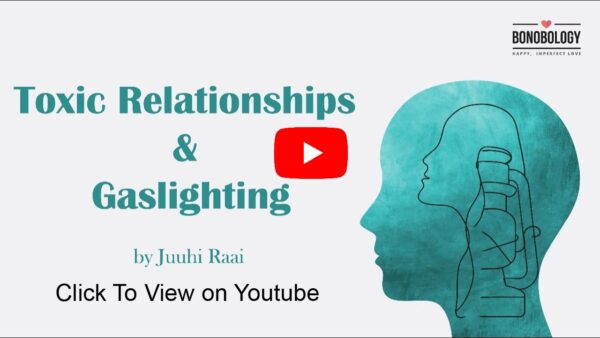
The need for validation and attaching your sense of self-worth to positive reinforcement from an abusive partner also stems from unmet emotional needs during the formative years. Another reason why people stay in abusive relationships and get attached to their abusers is that the dynamic is familiar to them.
The trauma bonding cycle is always rooted in an insecure attachment style. For those who grow up around neglectful or abusive parents, or suffer emotional, physical or sexual abuse as children, the perception of what an intimate relationship should feel like becomes skewed right from the beginning. They begin to accept emotional or physical abuse as a normal part and parcel of a relationship.
Related Reading: Why Would She Stay In An Abusive Relationship?
Trauma Bonding Signs
Alisha (name changed to protect identity), a 35-year-old marketing professional was struggling to work through a complicated romantic equation when she went into therapy. She had got into a typical on-again-off-again relationship with a guy in her early 20s, and the relationship continued well into 10 years of her marriage. Although she claimed to be in love with her husband and perfectly content in her relationship, she found herself gravitating toward this other man every now and then.
“It’s like a pull I cannot resist.” “There are times when I want to reach out to him so badly that if I can’t I feel like a cokehead who has been denied their fix.” “Even the idea of not having him in my life is so scary that it makes my heart sink.” “If only he’d love me back the way I love him, I think I’ll be able to find a way to move on.”
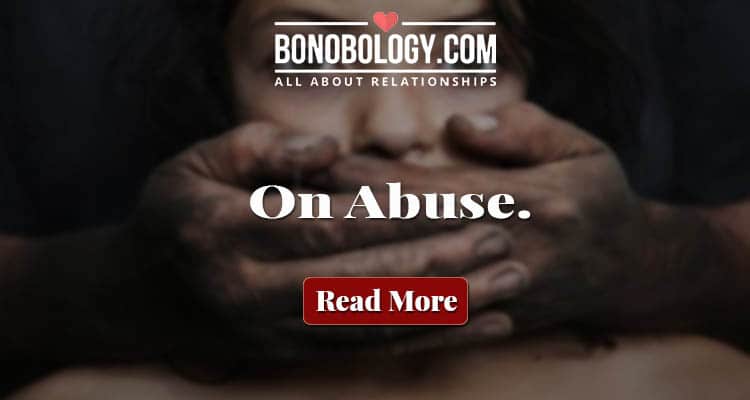
As she began to peel off the layers of her emotions during therapy, the verdict became clear as day: she was trapped in a trauma bonding cycle with this other man in her life. Does that sound even more remotely relatable to you? Let’s explore the signs of trauma bonding in greater detail to help you assess if you’re in the same boat as Alisha:
- Defensiveness: You are mostly on the defensive around your partner, the fear of another cycle of abuse erupting at any moment always plays at the back of your mind. You’re constantly walking on eggshells in the relationship.
- Feeling isolated: You feel completely isolated and convinced there is no one you can turn to for help. This doesn’t necessarily mean that your partner has tactfully removed all your close ones from your life – although that’s also not unheard of in abusive relationships – but that even if you do have a whole community supporting you, you feel like you don’t fit in or belong. You definitely feel like you can’t confide
- Codependence: One of the most classic signs of trauma bonding is codependency in the relationship. You feel that you cannot function without your partner. In Alisha’s words, “Even the idea of how not having him in my life is so scary that it makes my heart sink”
- Comfortable in misery: You become so comfortable and accustomed to the misery caused by the abusive/manipulative relationship that you don’t even acknowledge that something is amiss
- Self-deprecation: You engage in self-deprecation and negative self-talk to make peace with your situation, telling yourself things like “I’m unlovable” or “I deserve this”
- Making yourself invisible: When Alisha was asked in one of her sessions how this other man feels about her strong feelings for him, she said, “He doesn’t know. If I tell him, he will become all distant and emotionally unavailable. So, I bottle it all up, hoping that he’d make a start and I can lay my heart bare to him.” Making your own needs invisible to accommodate those of your partner is one of the most telling signs of trauma bonding. You lose yourself to win their approval
- Need for toxicity: The trauma bonding cycle by a mutual need to engage in toxic behavior. Not just the abuser, but the victim also seeks it – much like an addict seeks their next fix
Related Reading: 5 Signs Of Emotional Abuse You Should Watch Out For Warns Therapist
How To Heal From Trauma Bonding?
The vicious trauma bonding cycle can leave anyone feeling trapped, as if there is no way out. You may question, “Can you recover from a trauma bond?” The answer is yes. But not without adequate information and awareness. Most people go through such relationships without even realizing it’s a trauma bond that’s keeping them together, not love.
I run group therapy sessions where I’ve seen trained psychologists in denial about their codependent relationships and symptoms of trauma bonding. So, creating awareness and accepting what is happening, coupled with therapy, are the only answers to how to heal from trauma bonding.
Where this healing journey takes you and what it means for the abusive relationship you’re in varies from person to person, couple to couple. In certain situations, leaving is not an option for victims, so working around the abusive dynamic and creating new, healthier equations within an old connection becomes the best recourse.

In some cases, both partners can be willing to work toward affecting a change in their relationship. Here, counseling has proven benefits in such situations, and doing the necessary work to break old patterns can pave the way forward. Then, there are instances where the victims realize how damaging the equation has been for them and decide to move on.
No matter what the outcome, the journey toward recovery entails some basic common steps. Here is how to heal from trauma bonding:
- Awareness: The way immense awareness has been created about the importance of an active lifestyle and regular exercising for good health to the point that everyone knows about it today and large cross-sections of people try to adopt these practices in their everyday life, the same needs to be done for emotional health. Unless people know what they’re dealing with, how can they heal from it
- Seeking therapy: How to heal from trauma bonding? If you’re asking this question, remember it’s next to impossible to go it alone on this journey. You need expert help from a trained and experienced therapist/counselor and that safe space to make sense of your emotions. Work on yourself, break your patterns and change what is brewing inside. Without it, even if you succeed in breaking one trauma bond, you will only go on to form another with someone new
- Self-care rituals: Apart from actively working on yourself, it helps to follow certain self-care rituals every day. You can try journaling – focusing not on the details of what happened through the day but on how you felt during those experiences, have a safe person who can confide in, listen to audiobooks or watch motivational videos
Trauma bonding is a natural emotional response, your mind’s way to coping with a traumatic experience, not a sign of weakness. Opening up about your experience, and more importantly, seeking the right help to heal from the deeply scarring trauma bonding cycle, can provide a huge sense of relief, helping you see the light at the end of what may have been a long, dark tunnel.
If you identify with these signs of trauma bonding and suspect you have been experiencing it first-hand in your intimate relationship(s), consider speaking to a counselor. Help is available for you through Bonobology’s panel of licensed and experienced therapists.
6 Couples’ Experiences On How Talk Therapy Helped Their Relationships
Manipulation In Relationships – 11 Subtle Signs You Are A Victim
Your contribution does not constitute a charitable donation. It will allow Bonobology to continue bringing you new and up-to-date information in our pursuit of helping anyone in the world to learn how to do anything.

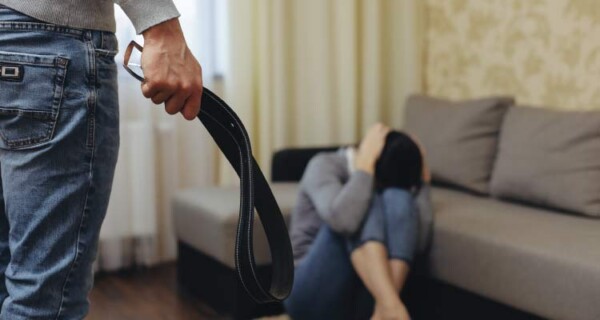

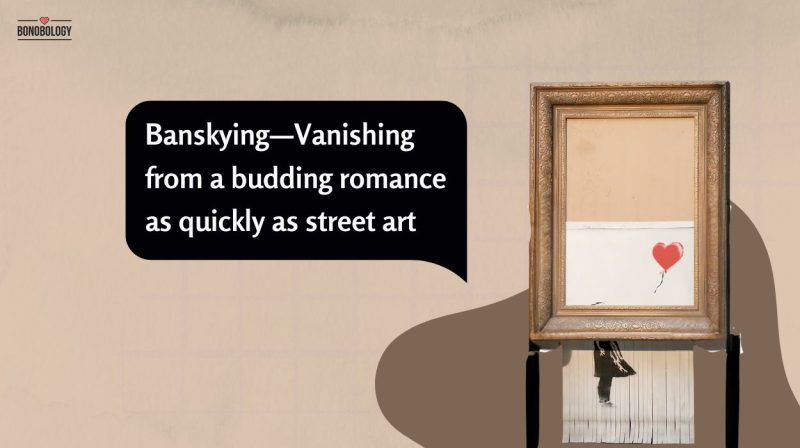
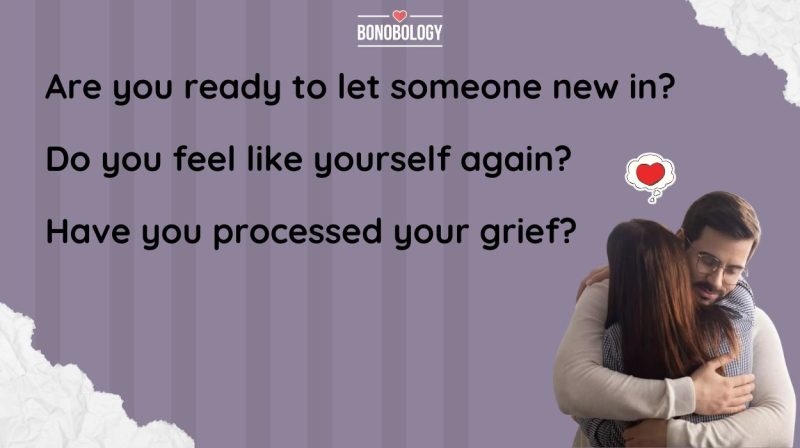
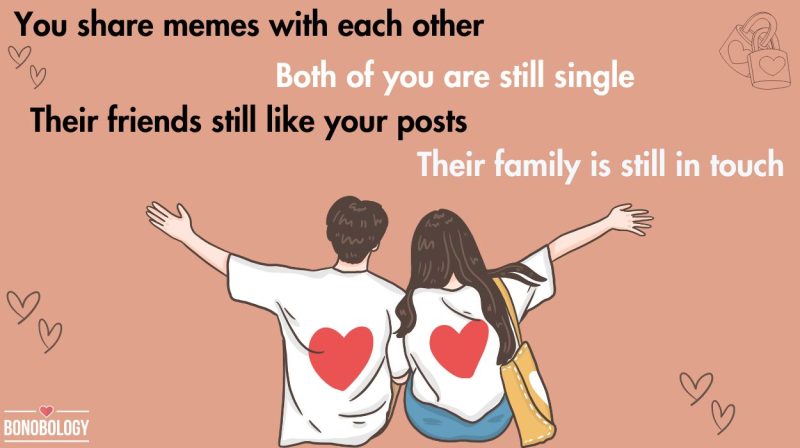














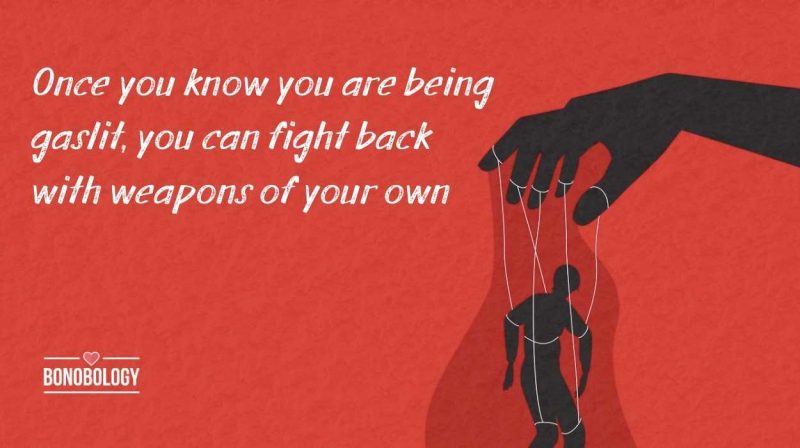


Featured
Banksying In Dating: What It Means and How to Recognize It
Am I Moving On Too Quickly After Death Of Spouse—How To Decide
15 Signs You’ll Get Back Together With Your Ex
How To Get Over Trust Issues — A Therapist Shares 9 Tips
Learn How To Forgive Yourself For Hurting Someone You Love
How To Find Peace After Being Cheated On — 9 Tips From A Therapist
How To Deal With A Cheating Husband
35 Disturbing Signs Of Gaslighting In A Relationship
What Is Narcissistic Ghosting And How To Respond To It
‘My Husband Starts Fights And Then Blames Me’: Ways To Cope
How To Rebuild Your Life After The Death Of A Spouse: 11 Expert-Backed Tips
My Husband Died And I Want Him Back: Coping With Grief
“Am I Unlovable” – 9 Reasons You Feel This Way
11 Signs Your Girlfriend Was Sexually Abused In The Past And How To Help Her
Coping With Breakups: The Must-Have Breakup Apps For Your Phone
15 Signs You Are Wasting Your Time Trying To Get Your Ex Back
Why Are You Obsessed With Someone You Barely Know — 10 Possible Reasons
33 Phrases To Shut Down Gaslighting And Silence Gaslighters
The Emotion Wheel: What It Is And How To Use It To Build Better Relationships
The Role Of Supportive Relationships In Addiction Recovery